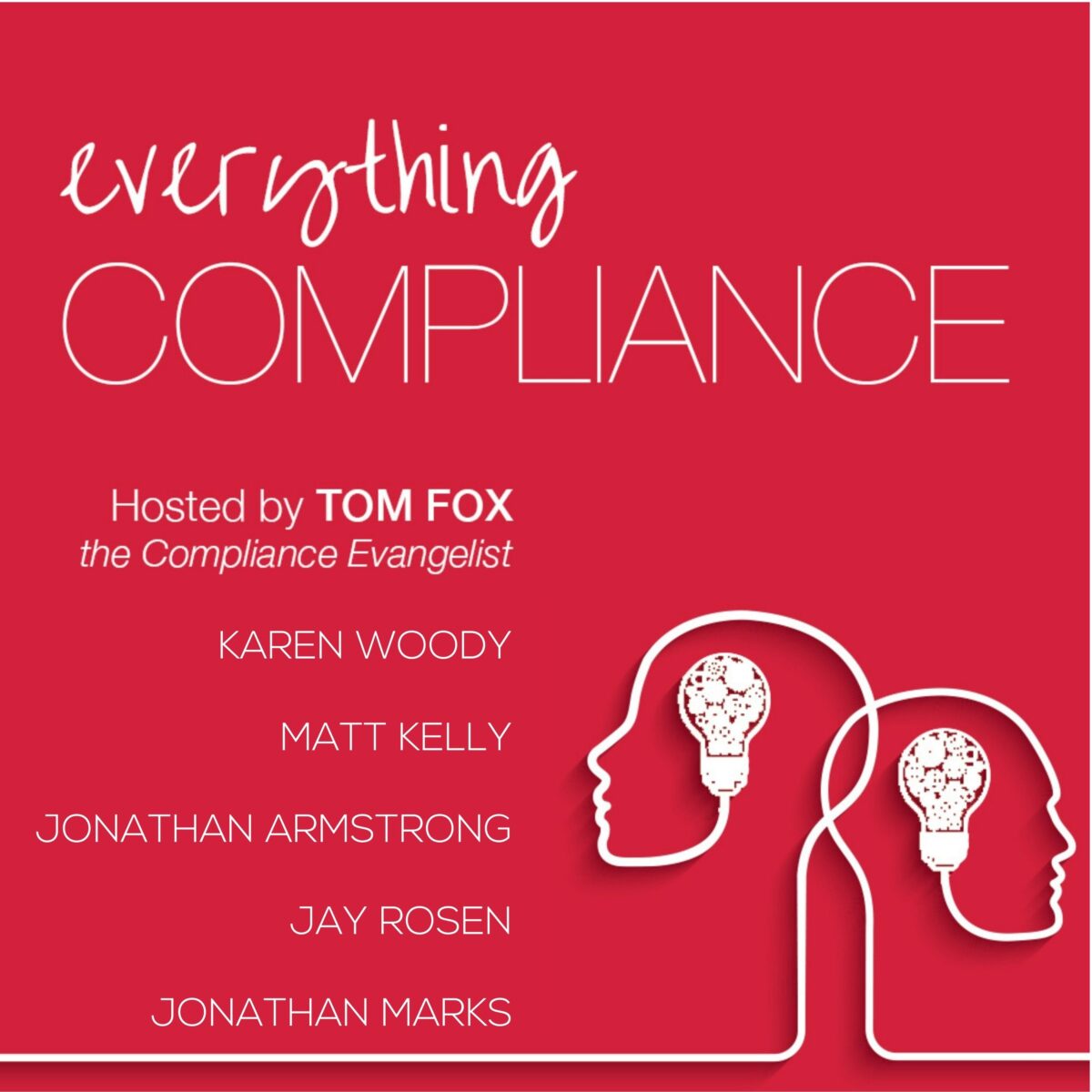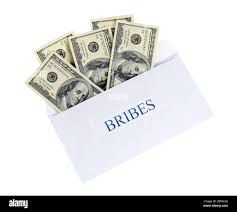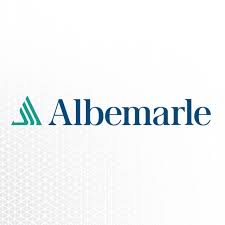Last week, Albemarle Corporation (Albemarle), agreed to pay more than $218 million to resolve investigations by the U.S. Department of Justice (DOJ) and the Securities and Exchange Commission (SEC) into violations of the Foreign Corrupt Practices Act (FCPA) stemming from Albemarle’s participation in corrupt schemes to pay bribes to government officials in multiple foreign countries.
According to a Non-Prosecution Agreement (NPA) with the DOJ, between 2009 and 2017, Albemarle, through its third-party sales agents and subsidiary employees, conspired to pay bribes to government officials to obtain and retain chemical catalyst business with state-owned oil refineries in Vietnam, Indonesia, and India. According to the SEC Administrative Order (Order), the bribery schemes extended into China and the UAE.
Vietnam-His Friends
The company sales model in Vietnam included using third-party agents. The initial commission rate for the corrupt agent in question was 4.25%. However, according to the NPA, quite quickly, the corrupt agent said he needed an increase in the commission rate from 4.25 percent to “4.25% + 4% extra,” which would be used to “settle down” PetroVietnam officials and to “contribute to his friends.” Internally, the company’s Vietnam sales team “sent this information – including Vietnam Intermediary’s warning that “if ALB could not provide such extra 4% commission,” Albemarle’s competitor that had the business before Albemarle “will be kept in BSR still” – to four Albemarle sales employees who were pursuing the Company’s first business in Vietnam.”
The corrupt sales agent kept pushing for an increase in the commission rate. He next emailed “Albemarle Vietnam Sales Representative, stating, “I have received a strong message from our friend that the total commission must be fixed [sic] at 7%” and that it did not matter how the commission was allocated; only the total amount, adding, “Please find the way to add to somewhere.” The corrupt agent then tried to move the commission rate up to 10%. Finally, the Albemarle Regional Sales Director emailed the corporate VP in Europe with the following, “it is clear that ash problem is more a way to keep great attention from Albemarle and [Albemarle’s competitor].” In his response, the Albemarle vice president wrote, “If [an Albemarle global business director] agrees to pay that amount of money (which I would never do), then I will not object,” but cautioned that “if just commission increases and job for us remains the same then you have an issue…” The NPA stated, “Albemarle ultimately agreed to increase Vietnam Intermediary Company’s commission from 4.25 percent to 6.5 percent.”
Indonesia-The Big Boss
In Indonesia, another third-party agent was used. According to the NPA, “In or around 2012, following a change in leadership at Pertamina, Albemarle engaged Indonesia Intermediary Company to act as its local agent in return for four percent commission on sales to Pertamina. According to an Albemarle memorandum, Albemarle decided to replace its third-party agent in Indonesia at the “strong[] request[]” of Pertamina Official, the “big boss” of Pertamina, because the president of the new third-party agent was a close friend of Pertamina Official, despite the fact that the third-party agent was a small company and posed a “medium” risk.”
In or around November or December 2012, the corrupt Indonesian agent “paid bribes to Pertamina officials to obtain samples of a competitor’s product, which Albemarle used to craft its bids and improve its product.” The company’s Senior Sales Manager learned about these bribes “but did not report this to Albemarle’s compliance function and did not consider terminating Albemarle’s relationship with Indonesia Intermediary Company.”
Then, in February 2013, the corrupt agent asked Albemarle to increase its commission from 4% to 10% so the agent “could pay bribes to Pertamina officials. The request was made during a meeting at Albemarle’s Singapore office and was attended by, among others, a close relative of Pertamina Official, who purportedly was a director of Indonesia Intermediary Company.
In response to the request at the meeting, Albemarle personnel told Indonesia Intermediary Company that they refused to increase the commission and that no bribes should be paid per Albemarle policy, but maintained its relationship with Indonesia Intermediary Company and never reported the conversation to Albemarle legal, compliance, or supervisory personnel. Albemarle Senior Sales Manager was aware that Indonesia Intermediary Company paid “tips” to Pertamina officials, but directed that such category not be listed in expenses.” Most ominously, the NPA concluded, “Albemarle continued to receive inside information on the bidding process from Indonesia Intermediary Company.
India-On the Holiday List
In India, the company used another corrupt agent to illegally “retain catalyst business with India’s state-owned oil company, IOCL, by avoiding Albemarle being blacklisted. This agent “which had no prior relationship or contact with Albemarle, sent a “most urgent” email to Albemarle Regional Sales Manager stating that it was aware that Albemarle had been sent a letter from IOCL asking why Albemarle should not be “sent on Holiday list. You may be required to supply six months of catalyst-free of cost.” India Intermediary further stated in the email that “[w]e can definitely help you to come out of this situation and get the orders for you in the refineries.”
The Regional Sales Manager then sent an email to the company VP, “copying four others at Albemarle, regarding “IOCL developments” and multiple consultants who had contacted Albemarle to offer “assistance to influence and get in contact with higher level to discuss on a non-official basis.” The corrupt agent knew “much detail” and as “more aggressive” and noted that India Intermediary Company “do[es] confirm, no bribing and we can put that in the agreement.”
The Regional Sales Manager stated that the company held discussions with IOCL but at each stage was “blocked by top” and that this may have been because IOCL “want us to use [sic] consultant.” He further stated that to date, IOCL had not accepted Albemarle’s “‘reasonable’ arguments” and that “indications are mostly that they will put us on the holiday list. As I see it, the time has come to consider using a consultant seriously, and if so, it must be done very fast.”
This section of the NPA dryly concluded, “Notwithstanding multiple red flags, Albemarle entered into a consulting contract with India Intermediary Company, effective July 15, 2009, signed by Albemarle Vice President. Following the engagement of India Intermediary Company, Albemarle was not put on the “holiday list” by IOCL.”
China-a Thorny Uncle
In China, the company hired yet another corrupt agent based on the recommendation of an official from China State-Owned Customer. According to the SEC Order, “Emails among Albemarle Subsidiary personnel described a senior official at China State-Owned Customer as the “uncle” of China Agent’s principal, a situation they recognized was “thorny.” Neither China Agent nor Albemarle Subsidiary personnel identified China Agent’s Principal or reported the possible familial connection to China Official in the due diligence questionnaire or other documents submitted to Albemarle compliance personnel conducting due diligence on China Agent. However, Albemarle compliance department’s due diligence revealed that China Agent had no website and was authorized to do business only a few weeks before China Agent’s Principal first met with Albemarle personnel.”
UAE-Close Friends of the (Royal) Family
In the UAE, in violation of company policy, due diligence was conducted on UAE agents only after entering sales agency agreements with the agent, including an addendum increasing its commission. The UAE Agent had close and well-publicized ties to the UAE government and royal family, contrary to the UAE Agent’s representations in its due diligence questionnaire. Although certain company personnel in the Middle East and the Netherlands knew of the UAE Agent’s involvement, they did not inform Albemarle Legal or Compliance personnel of the relationship, and no due diligence was conducted on the UAE Agent. He provided no discernable services other than conveying confidential tender evaluations and competitors’ bids obtained from the refinery and the EPC firm.
In addition to commissions that Albemarle paid to the UAE Agent, the company paid the UAE Agent an “undefined “administrative charge” equal to ten percent of its invoices for customs clearance and other non-sales services. These undocumented charges fell outside the scope of Albemarle’s agreement with the UAE Agent. Albemarle’s system of internal accounting controls provided inadequate assurances that payments to UAE agents were used for legitimate services. Moreover, Albemarle Netherlands and Albemarle Middle East, whose books and records were consolidated into Albemarle’s financial statements, lacked support for payments to UAE Agent that were recorded as legitimate commissions and business expenses.”
I have gone through all these miss-steps, prevarications, neglected red flags, and outright leadership and compliance failures to follow the most basic internal company compliance policies to show how and why these actions occurred. They present the compliance professional with numerous data points to pressure test your compliance regime.
Join us tomorrow, where we take a deep dive into actions taken by Albemarle to remediate, cooperate, and obtain the fines and penalties.














